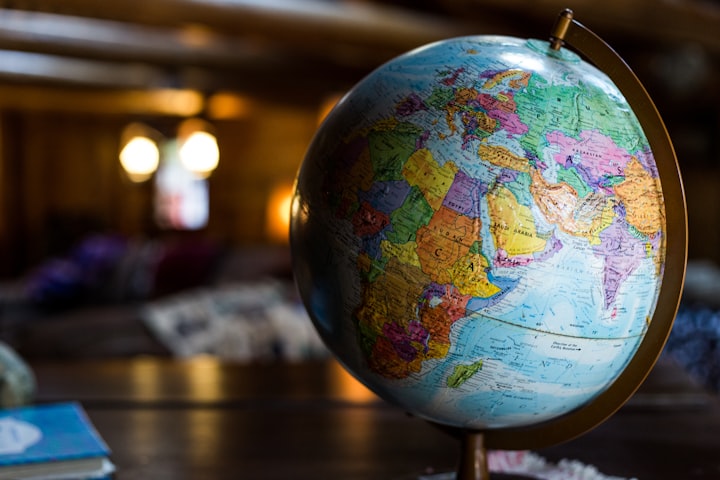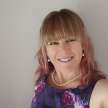We are all orphans
How our history has left us without roots

We are all orphans.
All of us.
It's a bold claim, but one that I think can explain our collective feeling of having a deep sense of not belonging, well, anywhere. I guess, with the exception of royal families across the globe, who have thousands of years of ancestry mapped alongside detailed biographies, the rest of us have scattered histories with unknown endings. People move and have done for thousands of years.
As we know, when Europeans started crossing oceans, the displacement of the native peoples was brutal and harsh. They were robbed of their language, traditions, stories, land and identity. Children were taken away from their families in order to become assimilated with white families. Africans were ripped from their villages to serve as slaves in building the wealth of the European predator class. There is no doubt at all, indigenous people across the globe feel a sense of complete ancestral displacement. I am not indigenous, so I do not feel qualified to speak more about this. However, I would welcome indigenous voices in the comments.
However, I do have European ancestry, specifically the United Kingdom. When families, slaves, or indentured servants boarded creaky boats to cross the ocean in a month's long, dangerous expedition to come to Australia, or the U.S., Canada, South Africa, New Zealand, or any of the other colonies, entire families ended up dying at sea or upon arrival. Migrants and refugees still die today, albeit a shorter boat trip and an indefinite detention in a random island somewhere. Some arrived and had a harsh time eeking out an existence in an unfamiliar land. But they came bringing all of the culture that they left behind. They no longer belonged to the place they came from and yet this new, foreign land was not theirs either.
I am seventh-generation Tasmanian - some of my ancestors came here as convicts, some as religious leaders, some came via Victoria through the goldfields and there are many, of which, I have no idea. But what I do know is they came feeling a sense of displacement, and adventure, which continued through the generations. And yet, knowing this is my ancestry, I still don't feel a deep connection with this place.
But what is it that gives us a sense of belonging? In Europe, and in indigenous groups, there is a definite sense of collective story. That is, they have stories which help define their belonging, such as folk tales and fairy tales, mythology and legend. They have stories which explain movement of the sun and moon, stories which explain what is acceptable and not acceptable behaviour in society and stories of the people who have come before. Of course formal religion does have a story which unites, but they are stories of a foreign place - not of the place where you were born or where you live now unless you happen to be in Mecca or Jerusalem.
Stories are essential to our identity - we tell stories of our injuries or illnesses, our good news and bad, but in the antipodean countries particularly, we cannot align with indigenous stories (unless we are indigenous) - they are not our own - and the stories of lands far away are also not our stories. So what are our stories?
Here in Australia, we grew up with a healthy dose of Captain Cook and the Eureka Stockade, the ANZAC memories, the Melbourne Cup and the Man From Snowy River, among others, but those stories again do not belong to all of us. They are great stories, but they come from privilege. They don't include women. They don't include the brilliant diversity that is the Australian population, rural and remote lives and they certainly don't include indigenous voices. And more importantly, what do these stories do to break down the walls of privilege, gender division, race and religion? Where are the collective stories which are universal? Which help all of us have a sense of belonging to this place - as separate from the stories of the continent or the U.K.?
I guess what it comes down to is this: these stories in our history are there - but they have not melted into our consciousness and become who we are. We are still seeking this belonging inside of us, which cannot come from imported stories, or stories that exclude. The belonging that will free us from our orphanage comes from looking around our local community, at the stories of the place we are, because that's the place we belong.
© Alyssa Curtayne, 2020
About the Creator
Alyssa Curtayne
WRITER, TEACHER, CREATOR
I write for my own therapy - I write when I'm happy, I write when I'm sad and I write because I love having the crazy ideas in my head on paper so I can really embody them. I hope what I write can help you too.






Comments
There are no comments for this story
Be the first to respond and start the conversation.